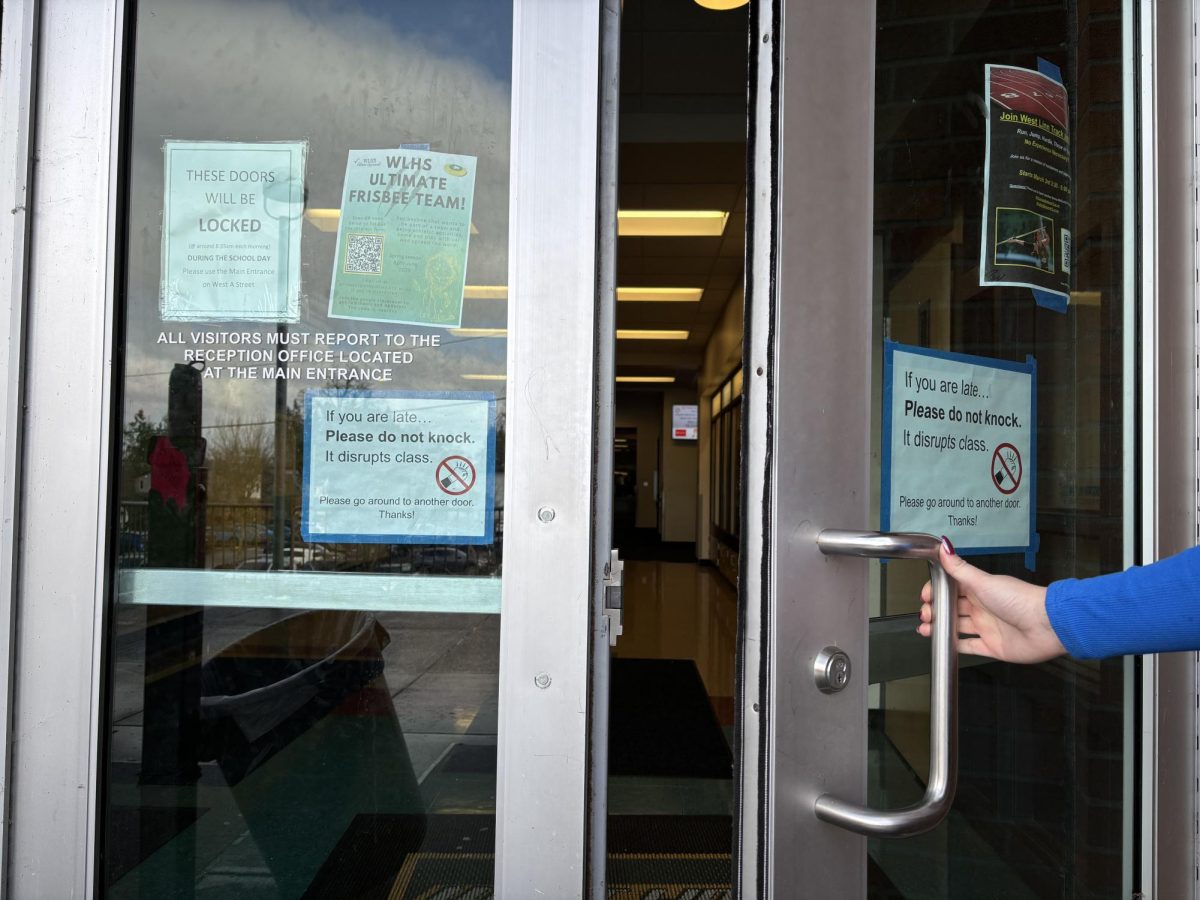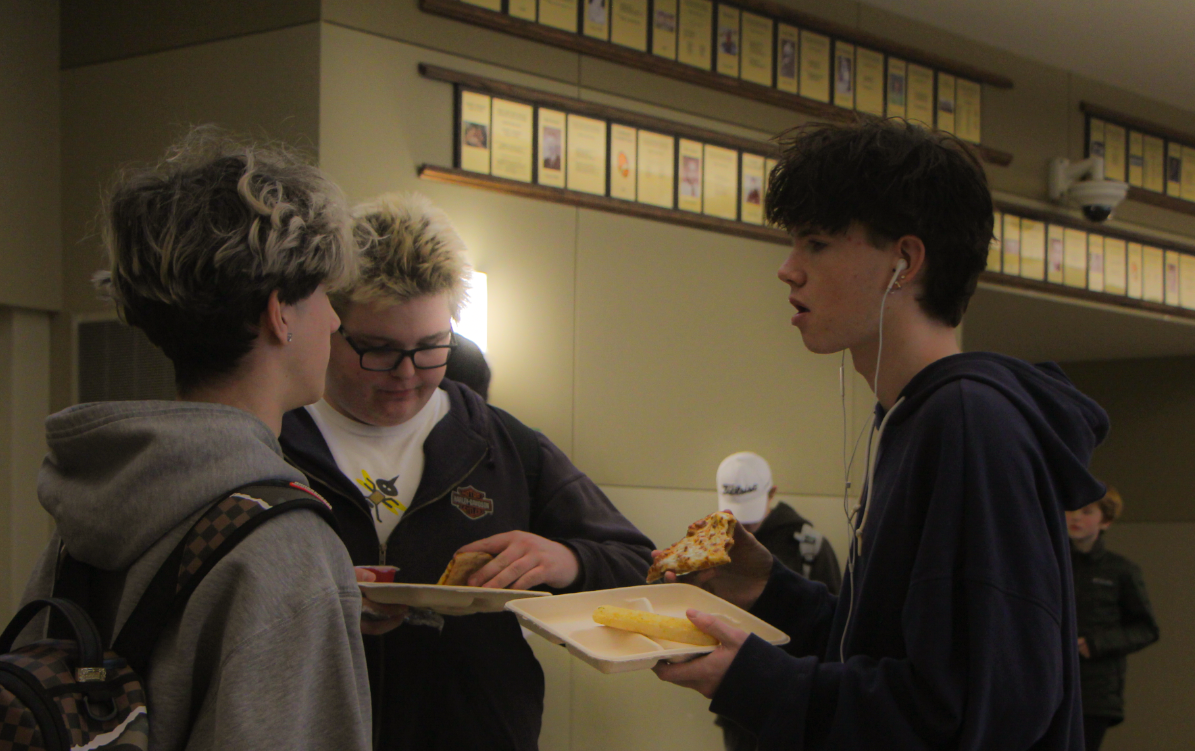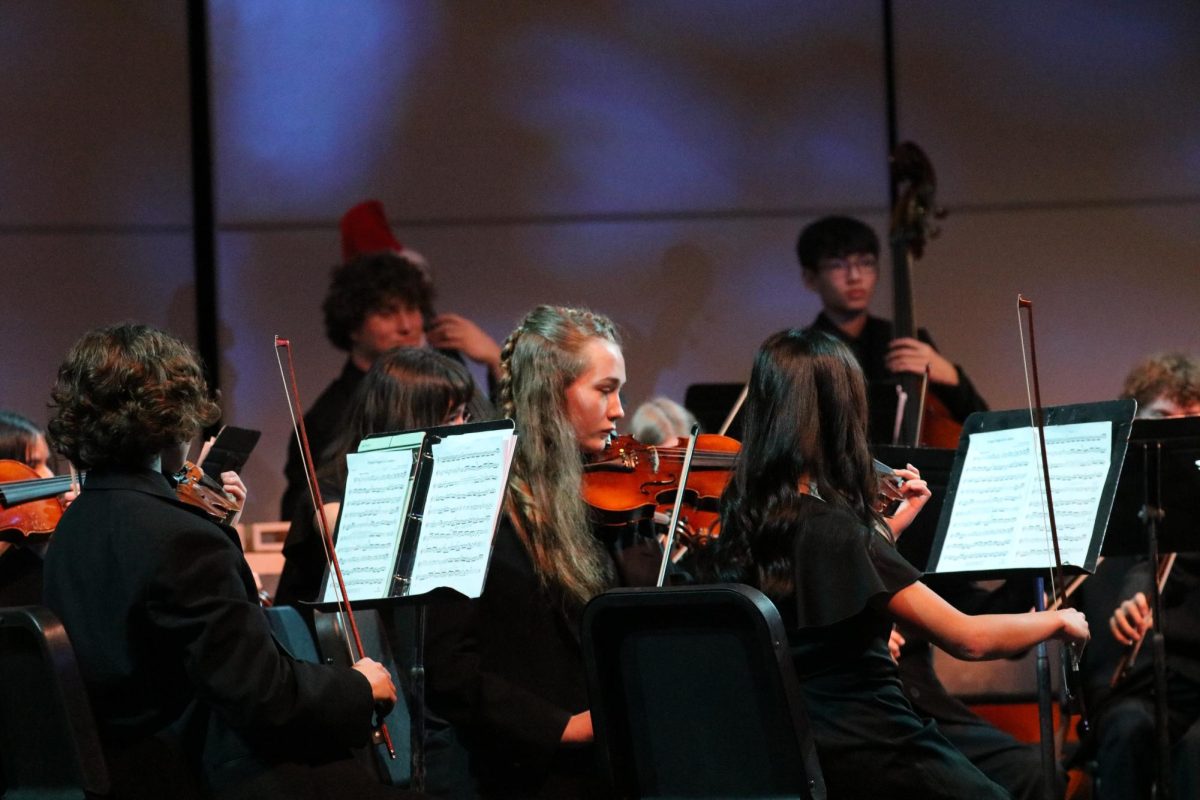With the start of the 2023-24 school year and new faces entering, we have a new schedule coming into effect this year. The West Linn-Wilsonville school board changed the amount of classes students have from six to eight. Each class is one hour and 30 minutes long, and there are alternating A and B days to keep the original block periods the same length.
Ryan Jordan, psychology teacher, has mixed opinions about the change.
“Some of [the changes] I really like, and some I don’t,” Jordan said. “I like that we have more time during class to not only learn stuff through lectures, but we also get to do engaging activities and whatnot. I think that’s great.”
Along with only having four block periods a day, the new schedule no longer has any days that have all periods.
“I’m always a proponent of if you can learn more stuff, you should learn more stuff,” Jordan said, “You have two more classes you can learn, which is great. The drawback is with eight classes, we lose around 20% of our instructional time from the six classes. So we have more breath, but we have less depth. I enjoyed when we had the six scheduled classes where we could dive in more deeply into stuff, and because I do teach an AP class [and] losing that 20% was a little bothersome.”
However, having eight classes may give students the chance to earn more college credit.
“College transcripts don’t focus on how much time you have in a class, they just focus on the classes you did have,” Jordan said, “So you’ll absolutely have opportunities to take AP classes, and we have great teachers here. Even with 20% less instructional time, teachers are good enough that we can get the students to pass more AP classes and get more college credits.”
ASB officer Cadence Cox, sophomore, believes that the eight-period schedule brings a negative impact on students.
“I think the kids are gonna be a lot more drained,” Cox said. “At some point, what we’re taking in isn’t going to be as much as it would, just because of how long the class periods are.”
The new schedule may impact students’ study and learning habits as time goes on. However at this point, it is unclear how exactly it will impact students.
“We’ve made a bold experiment, and we’re all just teachers, students, and administrators,” Jordan said. “We’re all learning as we go. Hopefully we’re more productive because again, with 20% less class time, people are going to have to be called upon to do more stuff at home or in Life class.”
Mondays now alternate between A and B days. This means that the way students and staff prepare over the weekend may change based on the week.
“The weekends feel different when we’re about to have an A day on Monday, or when we’re going to have a B day on Monday,” Jordan said. “It sort of affects the preparation I might have to do.”
This A to B rotation is not likely to change over the next few years.
“You don’t invest so much time and effort and mental mental energy to make a large change like this, and then abandon it,” Jordan said. “I think there are enough positives with it that we will work to improve it rather than scrap it.”
Since the new schedule won’t be changing in the near future, students and staff will need to learn to adapt to this schedule in the years to come.
For a more in-depth look on the new school changes, listen to the latest episode of the West Linn Weekly Wake Up, hosted by Arts and Entertainment Editor Preston Weller, Coverage Editor Finn Howell, and Student Life Editor Garrett Arendt.





![Reaching out. Christopher Lesh, student at Central Catholic High School, serves ice cream during the event on March 2, 2025, at the Portland waterfront. Central Catholic was just one of the schools that sent student volunteers out to cook, prepare, dish, and serve food. Interact club’s co-president Rachel Gerber, junior, plated the food during the event. “I like how direct the contact is,” Gerber said. “You’re there [and] you’re just doing something good. It’s simple, it’s easy, you can feel good about it.”](https://wlhsnow.com/wp-content/uploads/2025/03/interact-1-edited-1200x744.jpg)






















































![At the bottom of the third inning, the Lions are still scoreless. Rowe stands at home plate, preparing to bat, while Vandenbrink stands off to the side as the next batter up. Despite having the bases loaded, the team was unable to score any runs. “It’s just the beginning of the season. We’re just going to be playing out best by June, [and] that’s where champions are,” Rowe said.](https://wlhsnow.com/wp-content/uploads/2024/03/IMG_3077-1200x900.jpg)























































